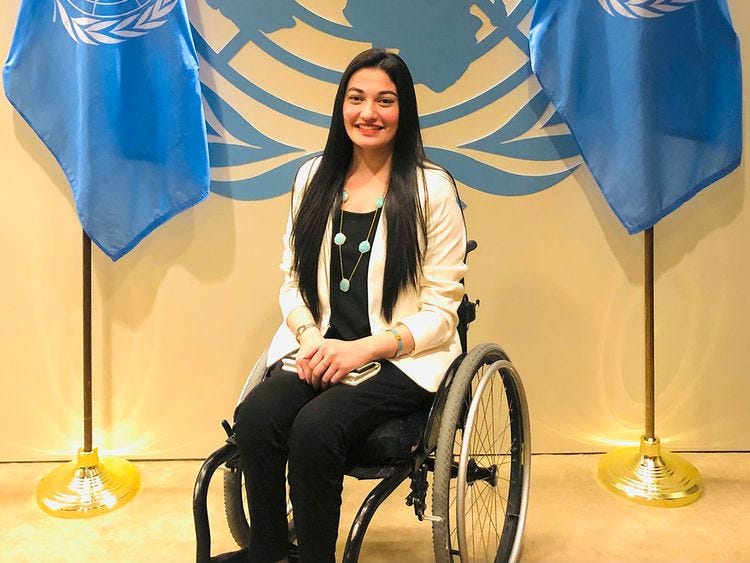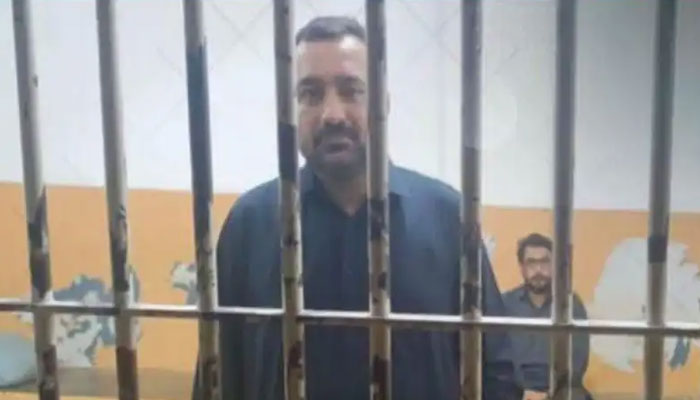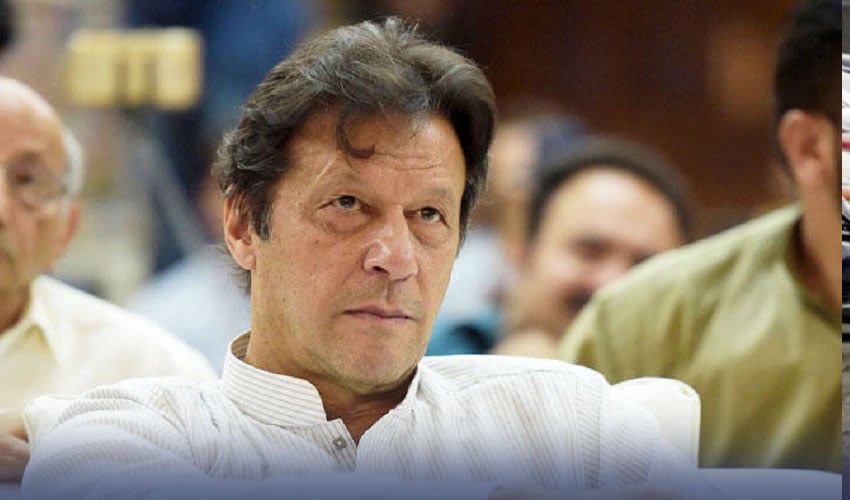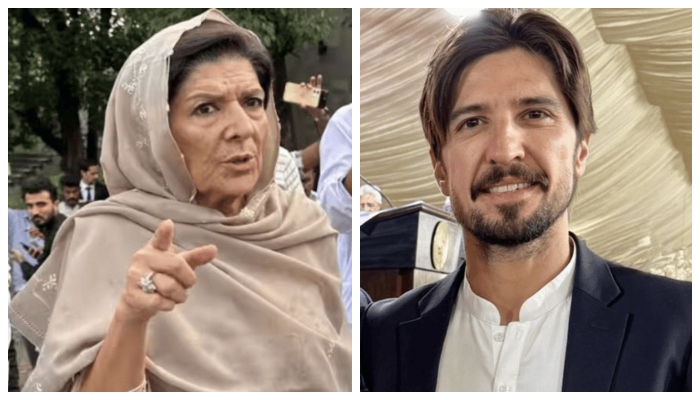LEGAL

The Supreme Court of Pakistan on Thursday acquitted a man who had spent 12 years in prison on charges of raping his minor daughter, citing serious contradictions and lack of credibility in the prosecution’s evidence.
In its detailed order dated August 26, Justice Ali Baqar Najafi ruled that the prosecution’s case was “deficient of trustworthiness.” The court set aside the conviction and life sentence handed down to the appellant, directing his immediate release “if not required in any other case.”
The case dates back to 2010, when the victim, aged six or seven, allegedly told her mother and maternal uncle that her father had committed rape. The father was subsequently arrested, convicted under Section 376(1) of the Pakistan Penal Code, and sentenced to life imprisonment along with a fine of Rs35,000. The Lahore High Court upheld the verdict in 2013 before the appeal reached the Supreme Court.
During proceedings, the SC highlighted inconsistencies in the statements of both the complainant and medical witnesses. The complainant had alleged that the incident took place at 2:00pm and that her daughter was examined at a hospital, but the doctor’s testimony was found contradictory. While initially claiming the victim had been subjected to rape, the doctor later admitted under cross-examination that the chemical examiner’s report did not support that claim.
Justice Najafi noted that such contradictions raised “serious questions on the credibility of the statement of the victim and the possibility of false implication of the appellant,” particularly as records showed ongoing disputes between the complainant and the accused.
The judgment also criticised the trial court for failing to apply the Rationality Test before recording the child’s statement. “A child is a competent witness if he/she passes a standard of sufficient maturity of understanding,” the order stated, stressing that corroboration was necessary before relying on such testimony.
While the court’s decision brings an end to this particular case, it also underscores wider concerns over child abuse and false implications in family disputes. Despite strict anti-rape laws prescribing punishments from 10 years’ imprisonment to the death penalty, incidents remain alarmingly prevalent.
According to Sahil, an NGO monitoring child sexual abuse, the majority of perpetrators are family members or acquaintances. In one recent case from Bahawalpur, four suspects — including two maternal uncles — were found guilty of raping and killing an 11-year-old girl.
The acquittal raises pressing questions about investigative shortcomings, the quality of evidence in sensitive cases, and the urgent need for child-sensitive judicial procedures in Pakistan.




